Organic soap making at home is not only a fun and rewarding DIY project but also a fantastic way to ensure that the products you use on your skin are free from harmful chemicals and toxins. By making your own organic soap, you have control over the ingredients, scents, and textures, resulting in a luxurious and personalized product that is safe and healthy for both you and the environment. In this article, we will guide you through the process of making organic soap at home, providing you with tips and techniques to create your very own customized soaps.
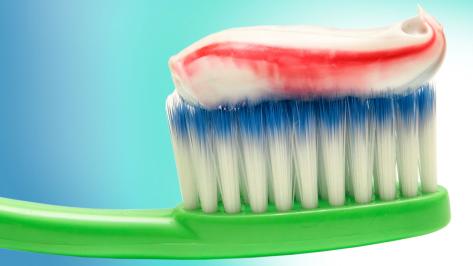
.
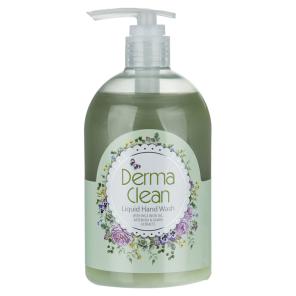 The first step in making organic soap is gathering all the necessary ingredients and equipment. You will need a base oil, such as coconut oil, olive oil, or shea butter, which will form the core of your soap. These oils provide nourishment and moisture to the skin, making your soap gentle and hydrating. Additionally, you will need lye, a caustic substance that is necessary for saponification, the chemical process that transforms oils into soap. Be sure to handle lye with care, following safety precautions to avoid any accidents. To personalize your soap, you can add various ingredients such as essential oils, herbs, clays, and exfoliants. Essential oils not only add fragrance but also provide therapeutic benefits depending on the oils you choose. Herbs and botanicals can add texture and color to your soap, while clays offer detoxifying properties for the skin. Exfoliants like oatmeal or coffee grounds can help slough off dead skin cells, leaving your skin soft and glowing. The process of making organic soap involves combining the oils and lye at the right temperature and consistency. This step requires precision and attention to detail to ensure that the soap mixture reaches the correct saponification stage. You can use a thermometer to monitor the temperature and a stick blender to mix the ingredients thoroughly. As the mixture begins to thicken, you can add your chosen scents and additives, stirring gently to incorporate them evenly.
The first step in making organic soap is gathering all the necessary ingredients and equipment. You will need a base oil, such as coconut oil, olive oil, or shea butter, which will form the core of your soap. These oils provide nourishment and moisture to the skin, making your soap gentle and hydrating. Additionally, you will need lye, a caustic substance that is necessary for saponification, the chemical process that transforms oils into soap. Be sure to handle lye with care, following safety precautions to avoid any accidents. To personalize your soap, you can add various ingredients such as essential oils, herbs, clays, and exfoliants. Essential oils not only add fragrance but also provide therapeutic benefits depending on the oils you choose. Herbs and botanicals can add texture and color to your soap, while clays offer detoxifying properties for the skin. Exfoliants like oatmeal or coffee grounds can help slough off dead skin cells, leaving your skin soft and glowing. The process of making organic soap involves combining the oils and lye at the right temperature and consistency. This step requires precision and attention to detail to ensure that the soap mixture reaches the correct saponification stage. You can use a thermometer to monitor the temperature and a stick blender to mix the ingredients thoroughly. As the mixture begins to thicken, you can add your chosen scents and additives, stirring gently to incorporate them evenly.
..
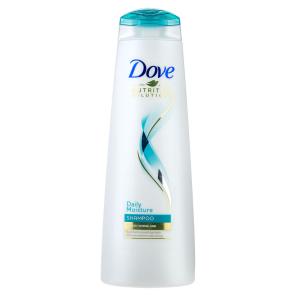 Once the soap mixture is ready, you can pour it into molds to set and cure. Silicone molds are popular choices for soap making as they are flexible and easy to release the finished product. You can also use unconventional molds such as empty milk cartons or cardboard boxes lined with parchment paper. Allow the soap to cure for several weeks, during which time it will harden and develop its final texture and scent. Organic soap making is a creative and enjoyable process that allows you to experiment with different ingredients and techniques. You can create unique designs by layering different colors or embedding botanicals in your soap. Swirling techniques can also produce beautiful patterns and marbling effects. The possibilities are endless when it comes to customizing your organic soap to suit your preferences and skin type. In addition to being a fun hobby, making organic soap at home can also be a sustainable and eco-friendly choice. By using natural ingredients and avoiding harsh chemicals, you are contributing to a healthier planet and reducing your carbon footprint. You can also gift your handmade soaps to friends and family, spreading the joy of clean and nourishing skincare products. In conclusion, organic soap DIY is a fulfilling and delightful activity that allows you to create personalized and organic skincare products. With a few simple ingredients and some creativity, you can make luxurious soaps that are gentle, moisturizing, and environmentally friendly. Whether you are a beginner or an experienced crafter, organic soap making is a rewarding journey that will leave you with beautiful and nourishing soaps that you can enjoy and share with others. Organic soap DIY is a wonderful way to not only indulge in a creative outlet but also to prioritize the health and well-being of your skin. By making your own organic soap, you have the power to tailor the ingredients to suit your specific needs, ensuring that you are using only the purest and most nourishing elements on your skin. Beyond the satisfaction of crafting something with your own hands, there are numerous benefits to creating your own organic soap. One of the most significant advantages is the ability to control what goes into your skincare products. Many commercial soaps contain harsh chemicals, synthetic fragrances, and artificial colors, which can strip the skin of its natural oils and lead to dryness and irritation. By making organic soap at home, you can avoid these harmful ingredients and instead opt for natural oils, plant-based additives, and essential oils that are beneficial for your skin.
Once the soap mixture is ready, you can pour it into molds to set and cure. Silicone molds are popular choices for soap making as they are flexible and easy to release the finished product. You can also use unconventional molds such as empty milk cartons or cardboard boxes lined with parchment paper. Allow the soap to cure for several weeks, during which time it will harden and develop its final texture and scent. Organic soap making is a creative and enjoyable process that allows you to experiment with different ingredients and techniques. You can create unique designs by layering different colors or embedding botanicals in your soap. Swirling techniques can also produce beautiful patterns and marbling effects. The possibilities are endless when it comes to customizing your organic soap to suit your preferences and skin type. In addition to being a fun hobby, making organic soap at home can also be a sustainable and eco-friendly choice. By using natural ingredients and avoiding harsh chemicals, you are contributing to a healthier planet and reducing your carbon footprint. You can also gift your handmade soaps to friends and family, spreading the joy of clean and nourishing skincare products. In conclusion, organic soap DIY is a fulfilling and delightful activity that allows you to create personalized and organic skincare products. With a few simple ingredients and some creativity, you can make luxurious soaps that are gentle, moisturizing, and environmentally friendly. Whether you are a beginner or an experienced crafter, organic soap making is a rewarding journey that will leave you with beautiful and nourishing soaps that you can enjoy and share with others. Organic soap DIY is a wonderful way to not only indulge in a creative outlet but also to prioritize the health and well-being of your skin. By making your own organic soap, you have the power to tailor the ingredients to suit your specific needs, ensuring that you are using only the purest and most nourishing elements on your skin. Beyond the satisfaction of crafting something with your own hands, there are numerous benefits to creating your own organic soap. One of the most significant advantages is the ability to control what goes into your skincare products. Many commercial soaps contain harsh chemicals, synthetic fragrances, and artificial colors, which can strip the skin of its natural oils and lead to dryness and irritation. By making organic soap at home, you can avoid these harmful ingredients and instead opt for natural oils, plant-based additives, and essential oils that are beneficial for your skin.
…
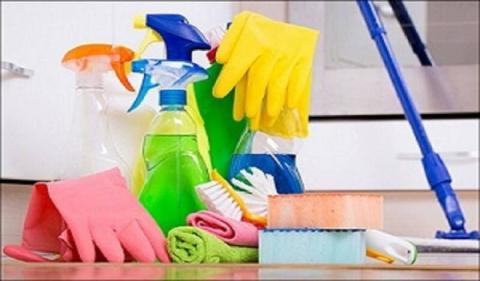 Furthermore, DIY organic soap allows you to customize the scents and textures of your soap to suit your preferences. Whether you prefer a light and floral fragrance or a citrusy and invigorating aroma, you have the freedom to create soaps that cater to your senses. Additionally, you can experiment with different combinations of herbs, clays, and exfoliants to achieve the desired look and feel of your soap. The creative possibilities are endless, and each batch of soap you make can be a unique expression of your personal style and taste. In addition to being good for your skin, organic soap DIY is also environmentally friendly. By using natural and biodegradable ingredients, you are reducing the amount of harmful chemicals and toxins that enter our waterways and ecosystems. In a world where sustainability and eco-consciousness are becoming increasingly important, making your own organic soap is a small yet impactful way to contribute to a cleaner and healthier planet. Making organic soap at home can also be a cost-effective alternative to purchasing commercial soaps. While the initial investment in ingredients and equipment may seem daunting, the long-term savings can be significant. By buying ingredients in bulk and reusing molds and tools, you can produce high-quality organic soaps at a fraction of the cost of store-bought options. Additionally, homemade organic soaps make excellent gifts for friends and family, allowing you to share your passion for natural skincare with your loved ones. It is important to note that while organic soap DIY is a rewarding and enjoyable hobby, it does require some knowledge and caution. Working with lye can be dangerous if not handled properly, so it is essential to follow safety guidelines and use protective gear such as gloves and goggles. Additionally, it is recommended to conduct thorough research and practice before embarking on your soap-making journey to ensure that you are familiar with the process and techniques involved. In conclusion, organic soap DIY is a fulfilling and enriching activity that offers a multitude of benefits for both your skin and the environment. By creating your own organic soaps, you are not only taking control of what you put on your body but also engaging in a practice that is sustainable, cost-effective, and empowering. So why not embark on a soap-making adventure today and experience the joy of crafting your very own personalized and luxurious organic soaps? Your skin will thank you, and you may just discover a newfound passion for the art of soap making.
Furthermore, DIY organic soap allows you to customize the scents and textures of your soap to suit your preferences. Whether you prefer a light and floral fragrance or a citrusy and invigorating aroma, you have the freedom to create soaps that cater to your senses. Additionally, you can experiment with different combinations of herbs, clays, and exfoliants to achieve the desired look and feel of your soap. The creative possibilities are endless, and each batch of soap you make can be a unique expression of your personal style and taste. In addition to being good for your skin, organic soap DIY is also environmentally friendly. By using natural and biodegradable ingredients, you are reducing the amount of harmful chemicals and toxins that enter our waterways and ecosystems. In a world where sustainability and eco-consciousness are becoming increasingly important, making your own organic soap is a small yet impactful way to contribute to a cleaner and healthier planet. Making organic soap at home can also be a cost-effective alternative to purchasing commercial soaps. While the initial investment in ingredients and equipment may seem daunting, the long-term savings can be significant. By buying ingredients in bulk and reusing molds and tools, you can produce high-quality organic soaps at a fraction of the cost of store-bought options. Additionally, homemade organic soaps make excellent gifts for friends and family, allowing you to share your passion for natural skincare with your loved ones. It is important to note that while organic soap DIY is a rewarding and enjoyable hobby, it does require some knowledge and caution. Working with lye can be dangerous if not handled properly, so it is essential to follow safety guidelines and use protective gear such as gloves and goggles. Additionally, it is recommended to conduct thorough research and practice before embarking on your soap-making journey to ensure that you are familiar with the process and techniques involved. In conclusion, organic soap DIY is a fulfilling and enriching activity that offers a multitude of benefits for both your skin and the environment. By creating your own organic soaps, you are not only taking control of what you put on your body but also engaging in a practice that is sustainable, cost-effective, and empowering. So why not embark on a soap-making adventure today and experience the joy of crafting your very own personalized and luxurious organic soaps? Your skin will thank you, and you may just discover a newfound passion for the art of soap making.
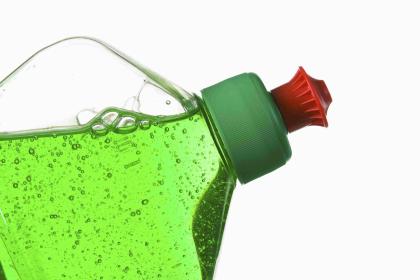
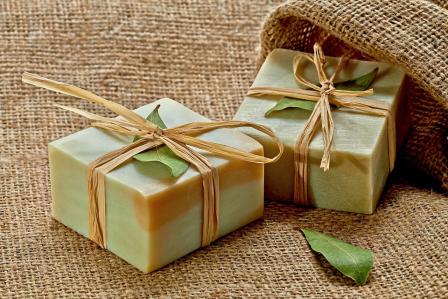

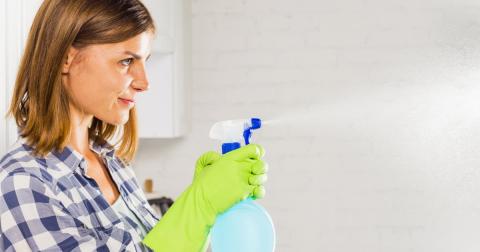
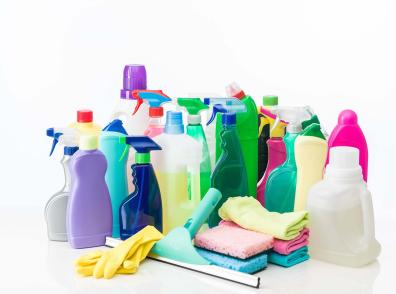
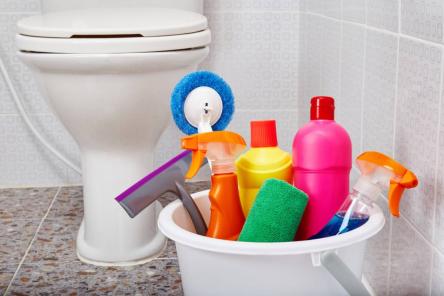
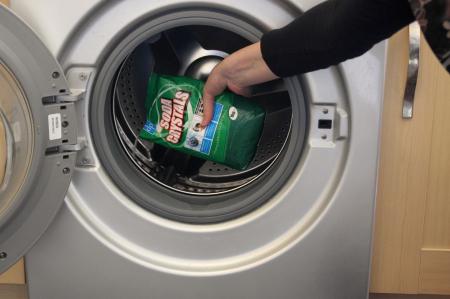
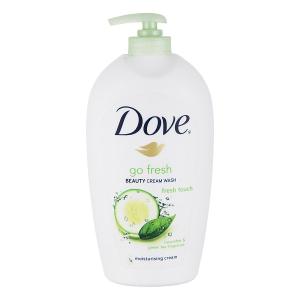

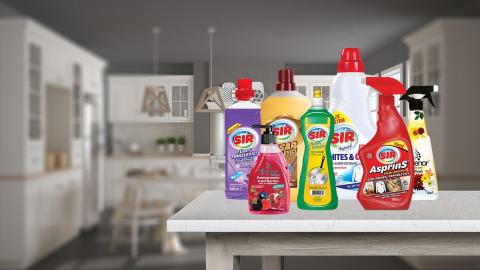
Your comment submitted.